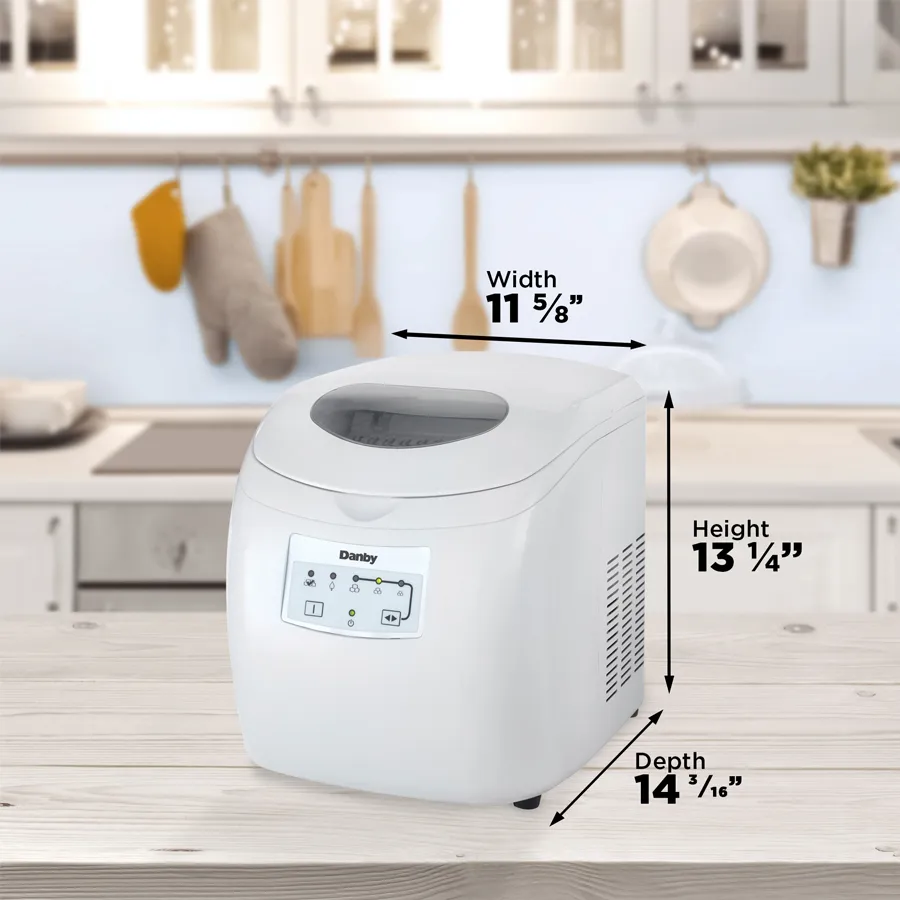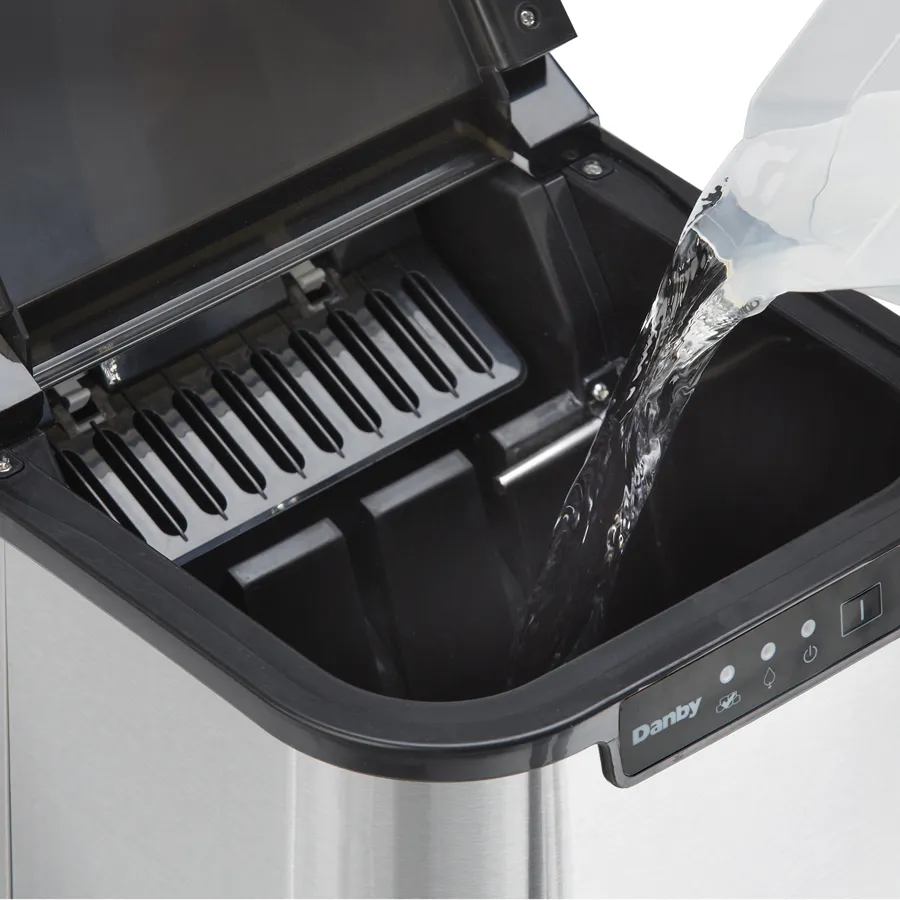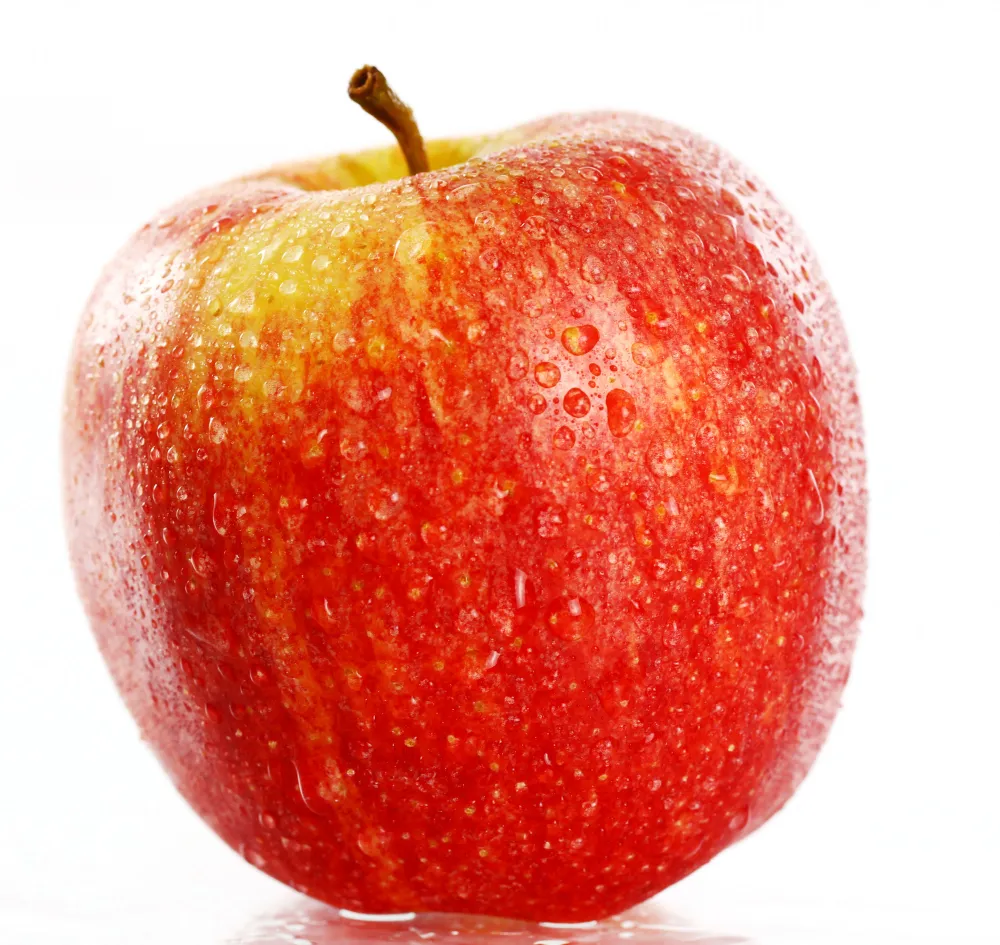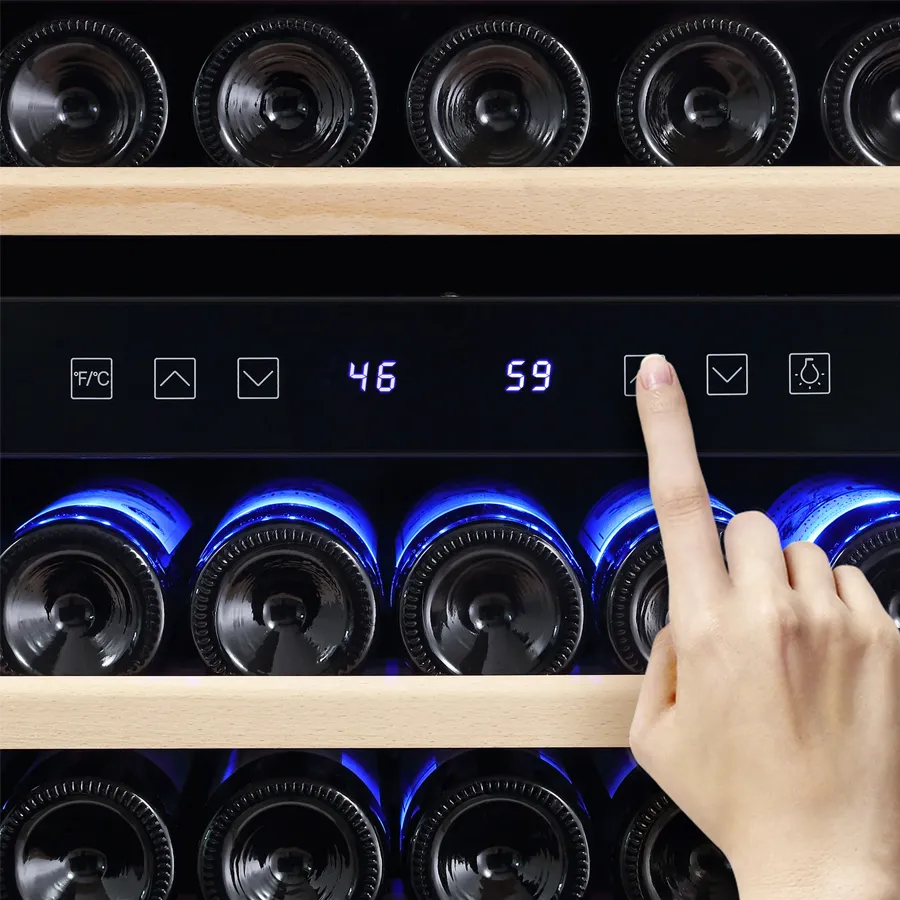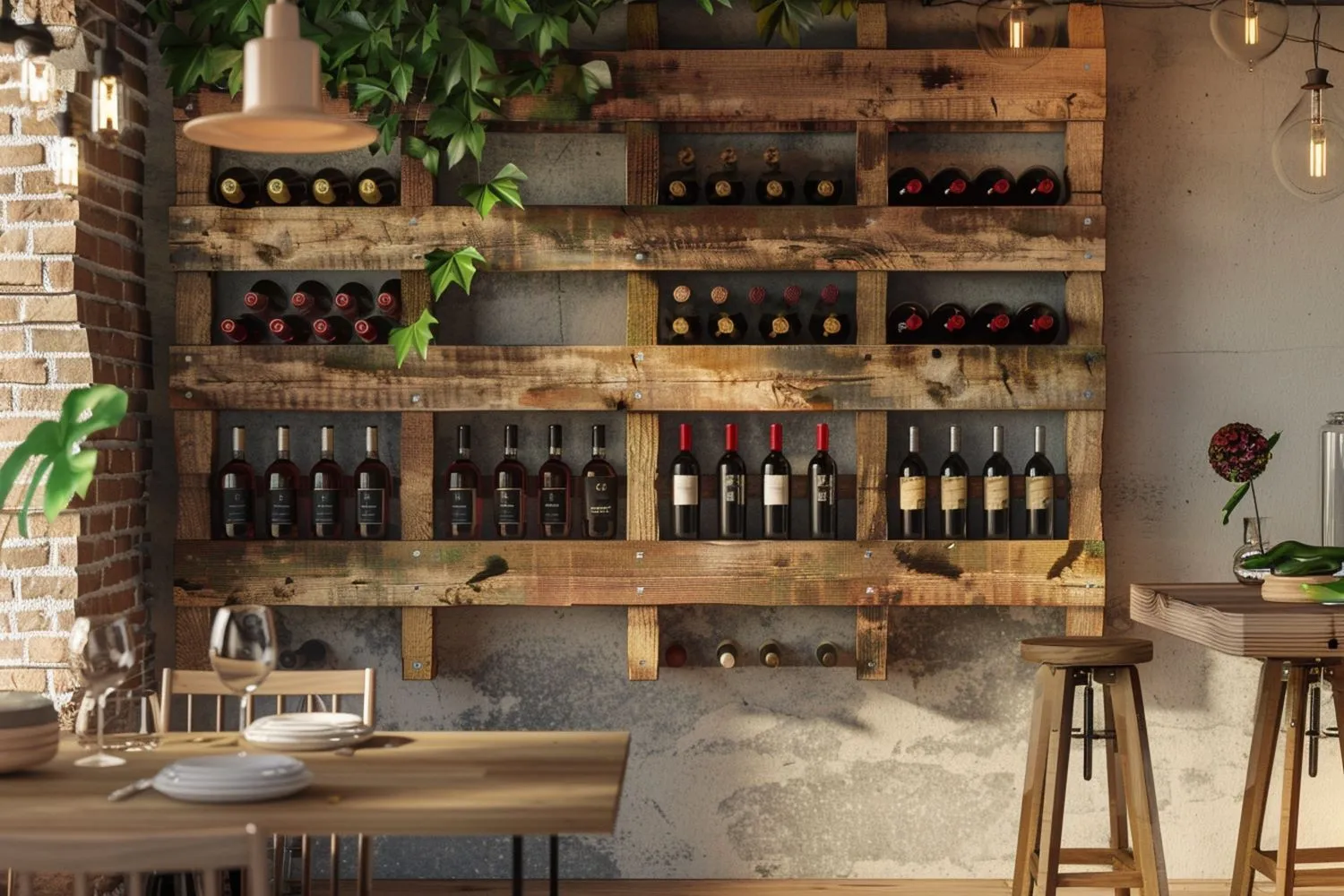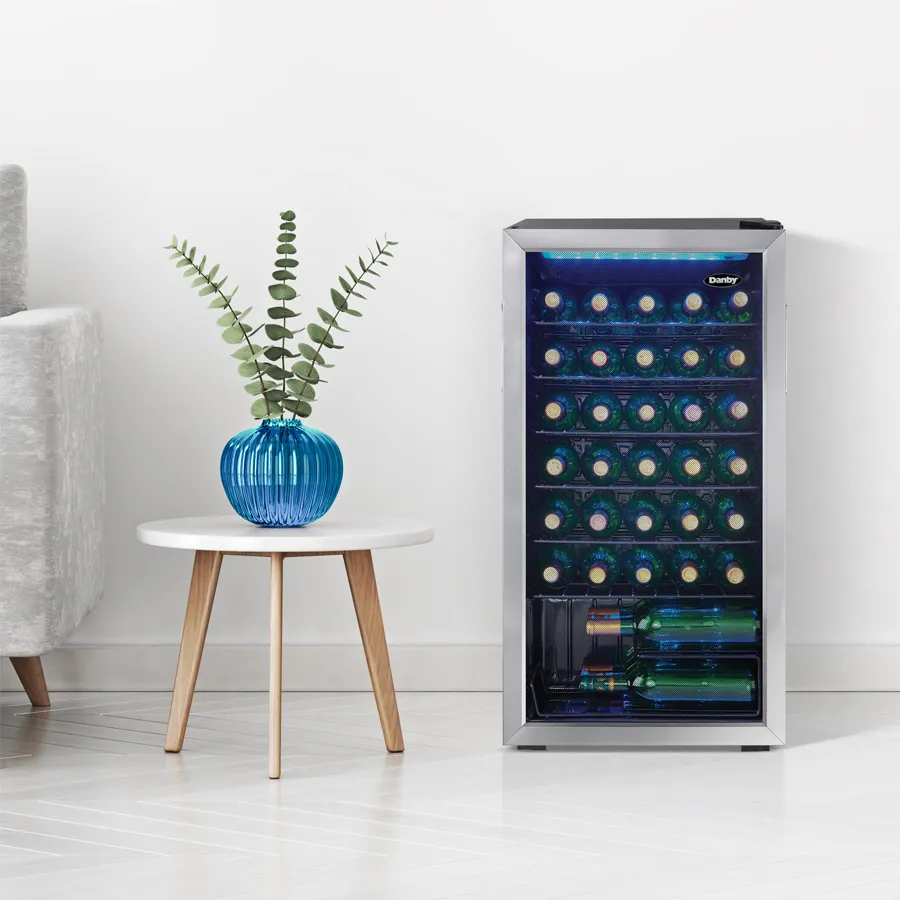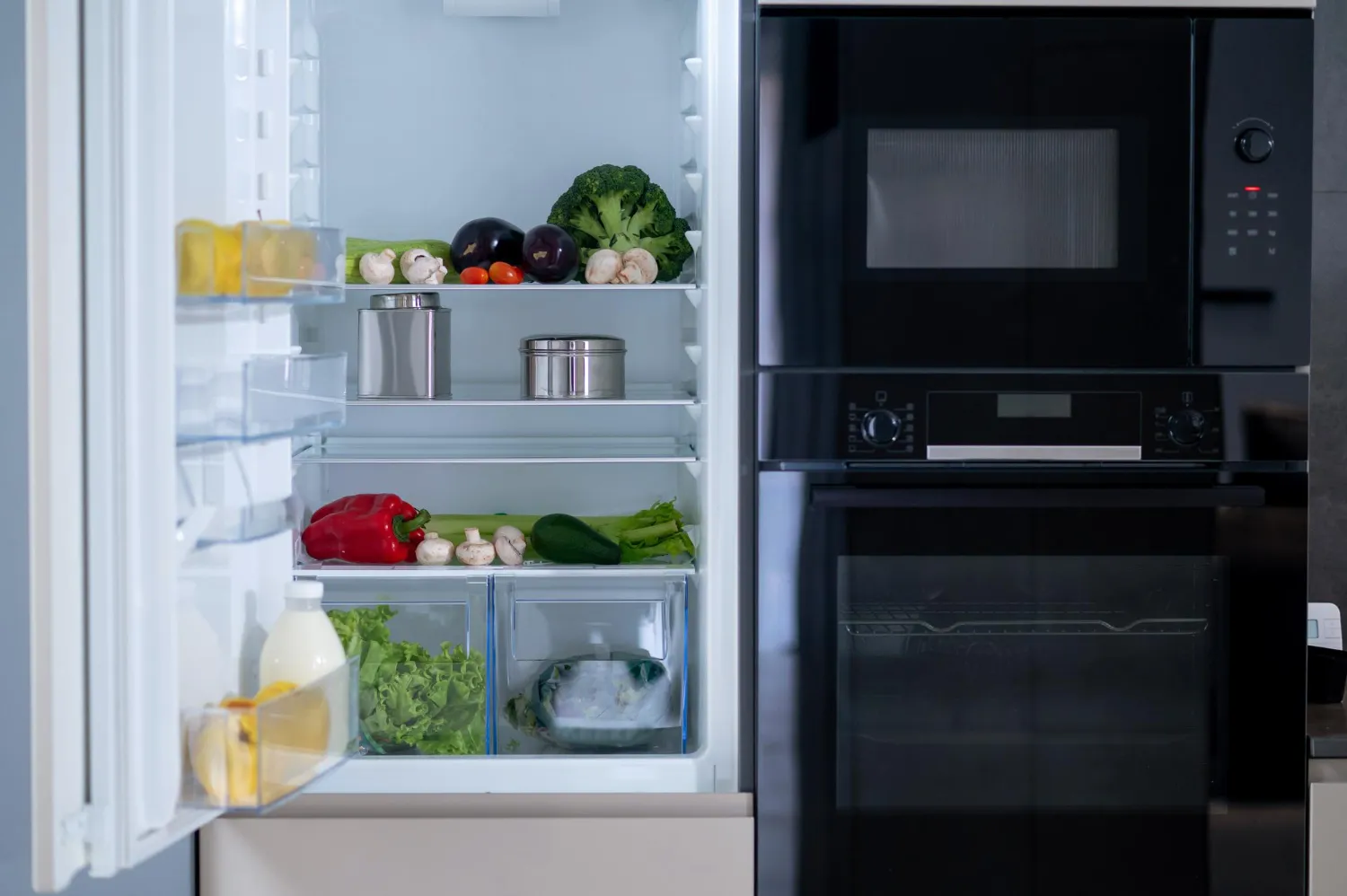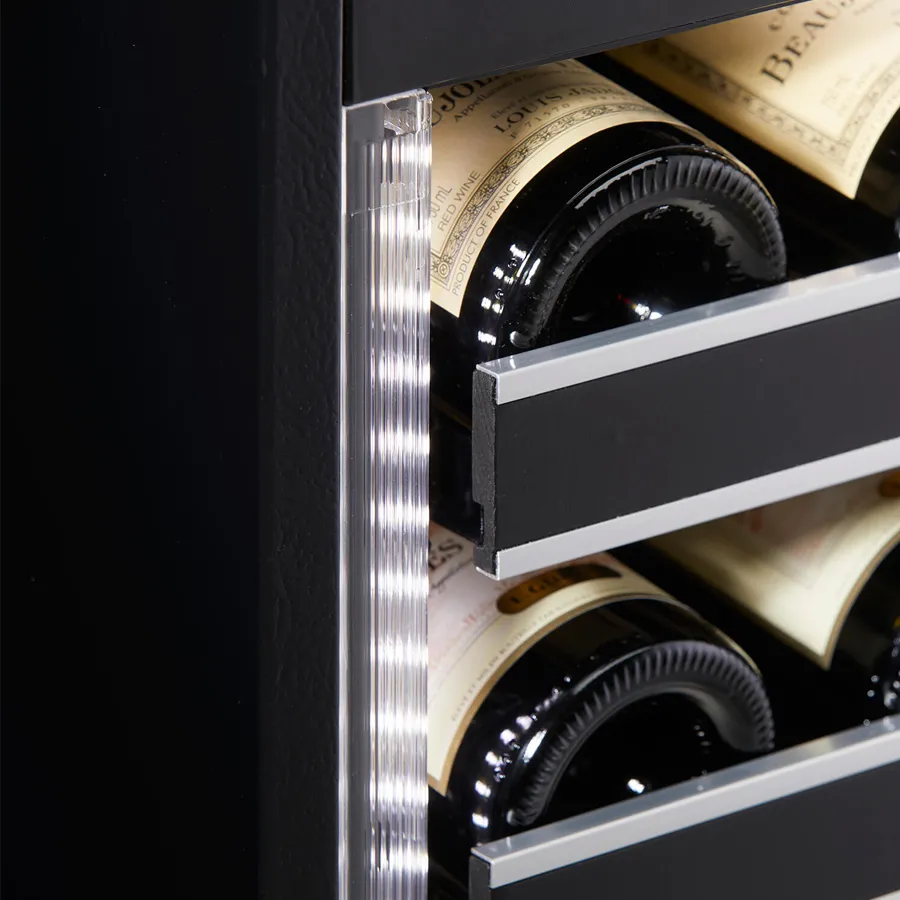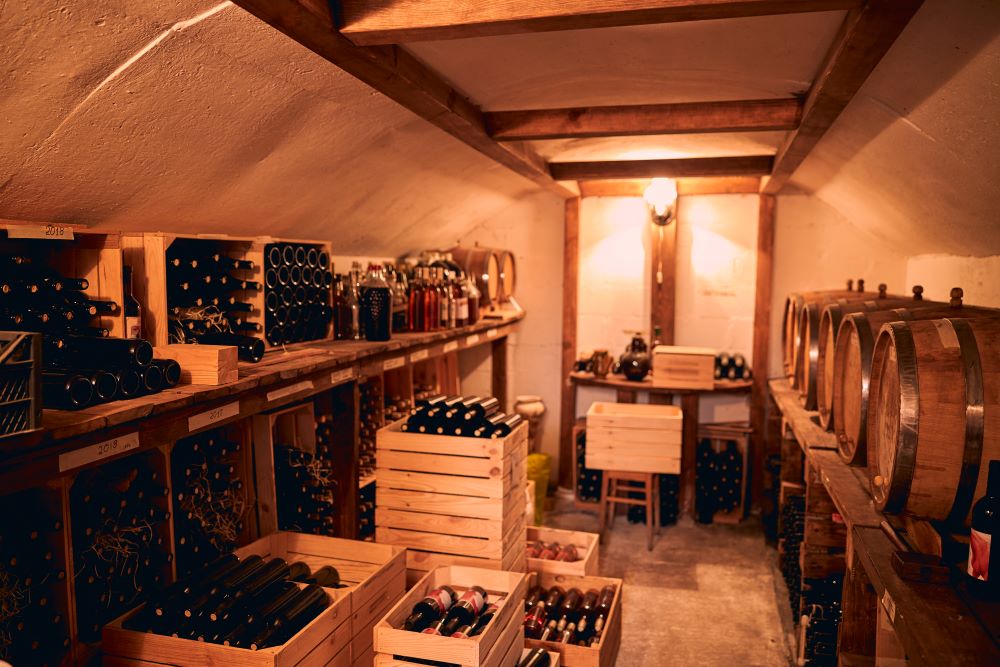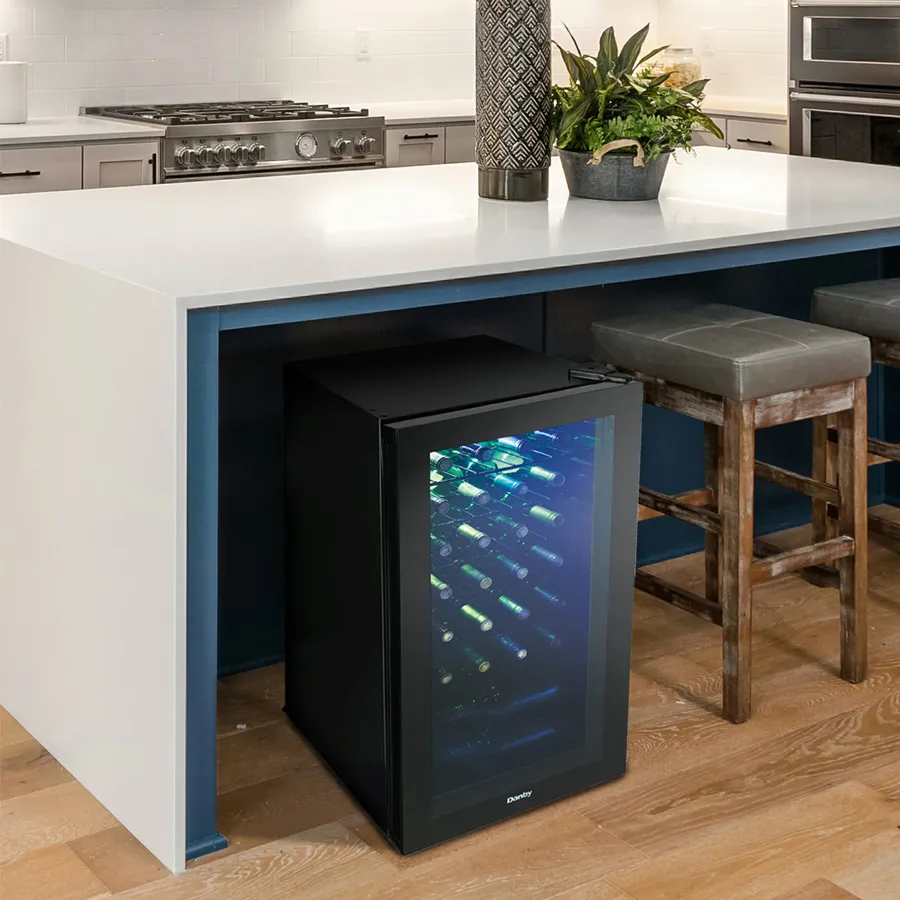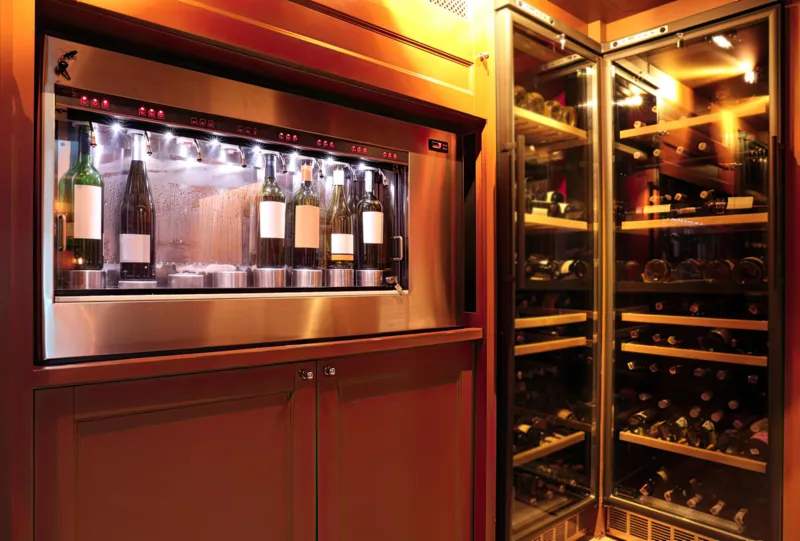Freezing the cubes and dropping them into the storage tank of the portable ice maker might take anywhere from 7 to 15 for a single batch of ice. The typical daily output and storage capacity of portable ice producers are 20 – 35 pounds of ice, respectively.
Factors to Affect the Time to Make Ice
Any number of factors can affect the ice production time of your portable ice maker. Understanding these factors can help you get the most out of your appliance and ensure that you always have ice on hand when you need it.
Temperature and Conditions
The ambient temperature and conditions in which you operate your portable ice maker can have a significant impact on how long it takes to produce ice. High temperatures can slow down the ice-making process, while low temperatures can speed it up. Additionally, factors such as humidity and airflow in the room where the ice maker is placed can also affect its performance. You can refer to the manufacturer’s guidelines for the ideal operating conditions of your specific ice maker.

Your portable ice maker’s ice production time is highly dependent on the surrounding temperature and operating circumstances.
Size and Capacity of the Ice Maker
The size and capacity of your ice maker can also influence the time it takes to produce ice. Larger ice makers with higher production capacities will generally make ice faster than smaller ones. Some models also have the capability to store a certain amount of ice once it’s made, reducing the need for constant monitoring and emptying of the ice bin.

In most cases, larger ice producers can produce more ice in less time than their smaller counterparts.
Type of Water Used
The type of water used in your ice maker can impact the production time as well. For example, using filtered or purified water can result in clearer and better-tasting ice, but it may take longer to freeze compared to using regular tap water. Water with high mineral content or impurities can also affect ice production and the overall performance of the ice maker. It is important to use the type of water recommended by the manufacturer to ensure optimal ice production.
Water Temperature
For an ice maker to work successfully, it is crucial to keep the water temperature constant. Water freezes into ice cubes at a rate proportional to its temperature. The ice maker will be able to generate ice faster with cold water, but it will take longer with warm water. A constant supply of cubes for everyone is guaranteed when you use cold water in your machine. Refer to the handbook for your specific model if you are unclear of the recommended water temperature. If you need assistance, you can also contact customer service.


